Waiting along the road to Santiago de Cuba for Fidel Castro’s caravan at dawn: photo by Tomas Munita for The New York Times, 3 December 2016

Waiting along the road to Santiago de Cuba for Fidel Castro’s caravan at dawn: photo by Tomas Munita for The New York Times, 3 December 2016
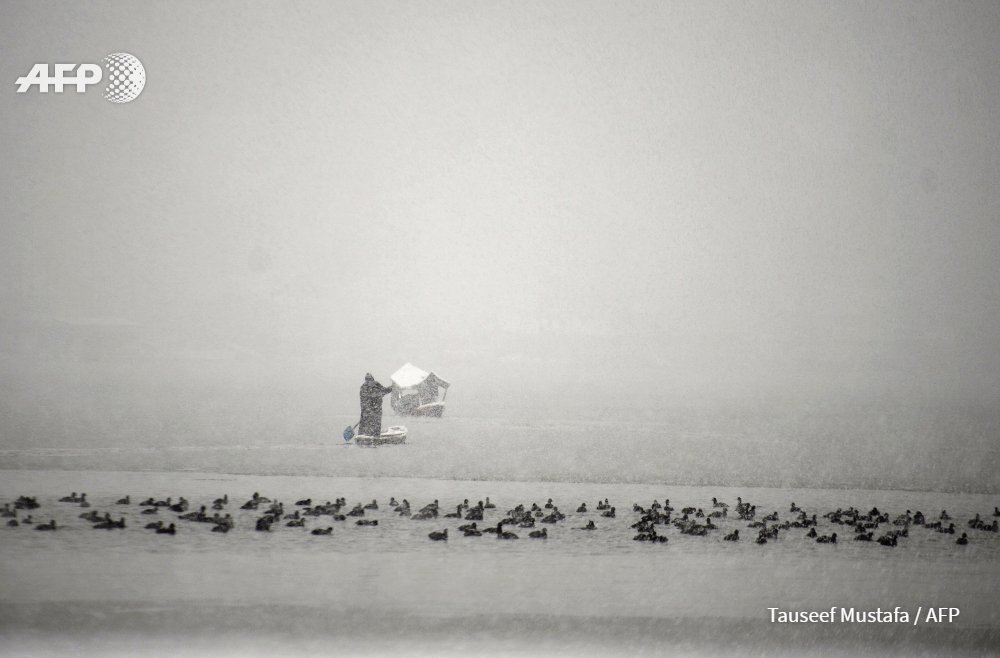
India - A Kashmiri man rows a boat during heavy snowfall on Dal Lake in Srinagar on January 6. #AFP Photo by @TauseefMUSTAFA: image via Aurelia BAILLY @AureliaBAILLY, 7 January 2017
And what do we know of this man who rows?

India - A Kashmiri man rows a boat during heavy snowfall on Dal Lake in Srinagar on January 6. #AFP Photo by @TauseefMUSTAFA: image via
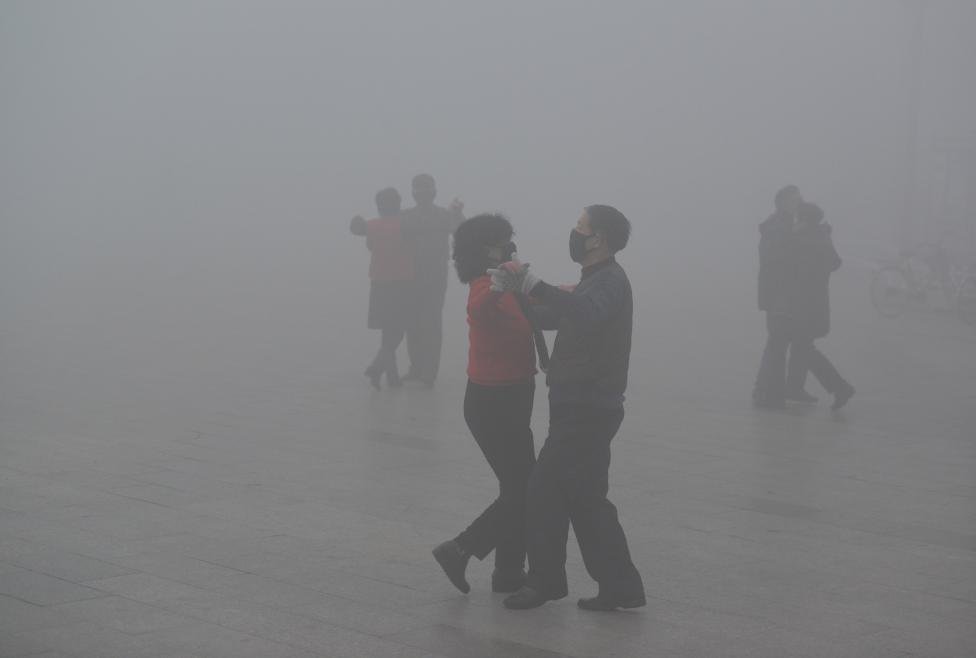
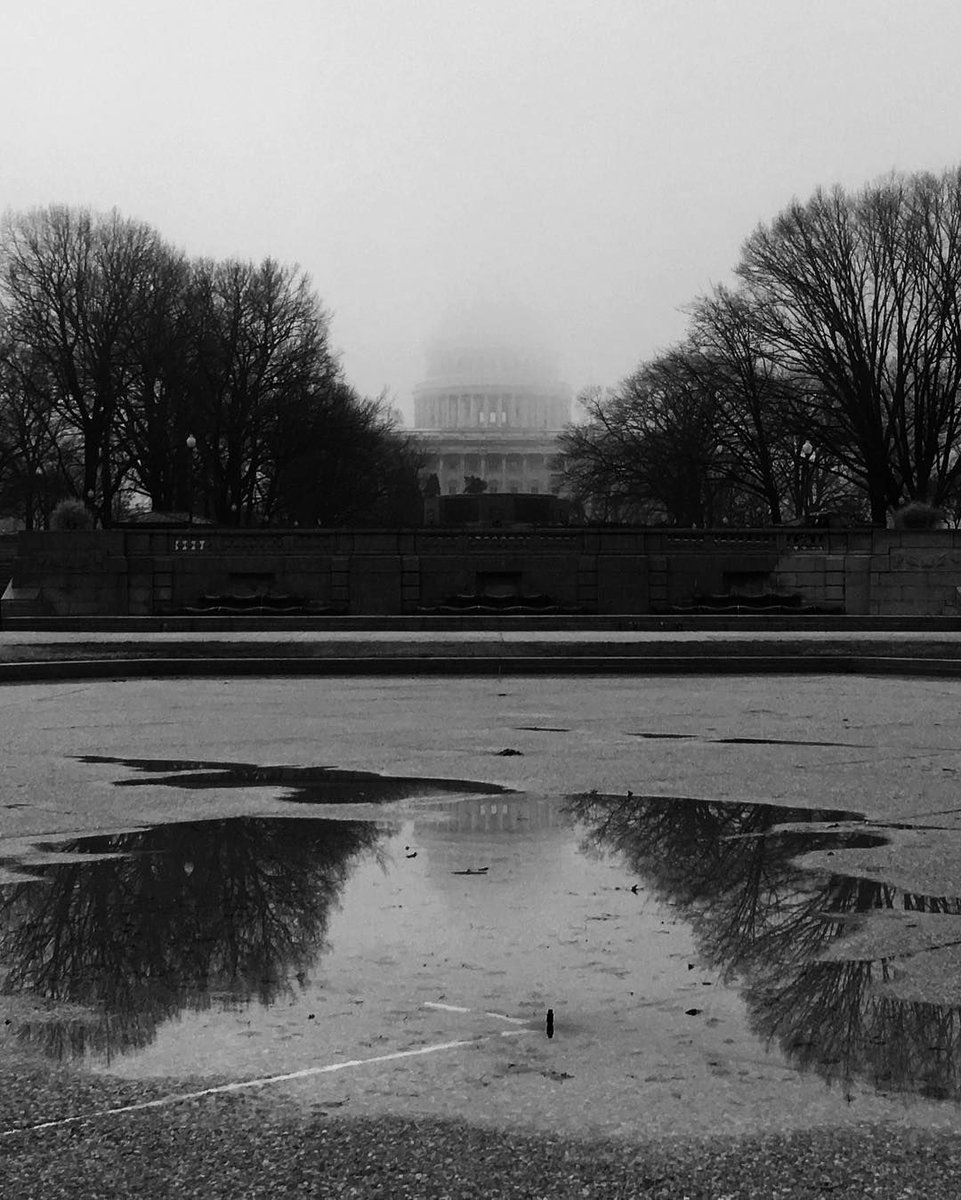
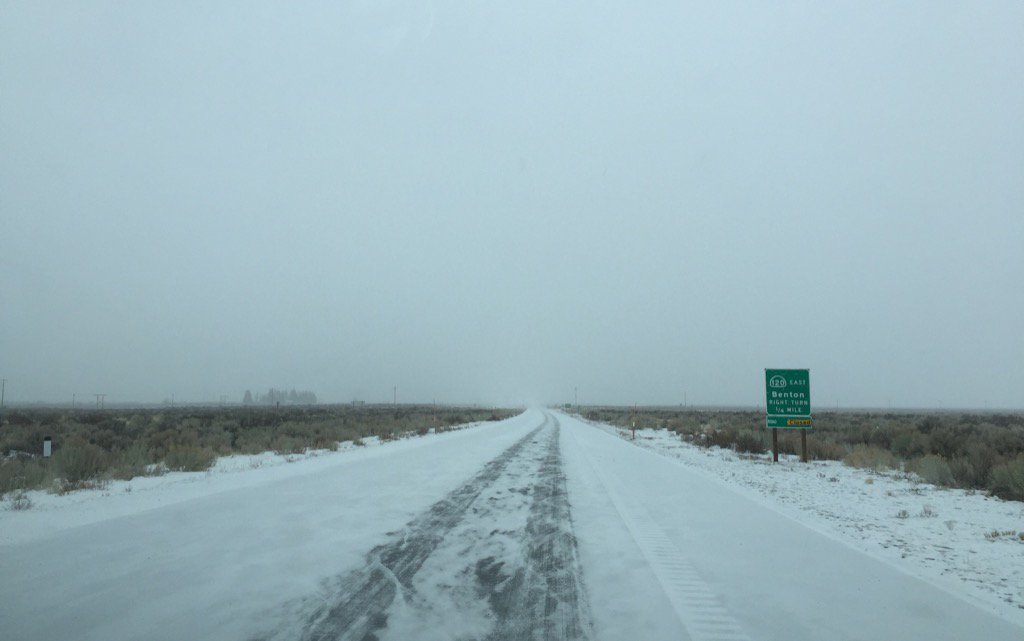
It's raining up here in the "Banana Belt" a little microclimate on the 395 at 120. @tonybarboza: image via Brian van der Brug @bvdbrug, 7 January 2017

SYRIA - White Helmets search for survivors amid the rubble of a building following an air strike on Maaret al-Numan. By Mohamed al-Bakour: image via Frédérique Geffard @fgeffardAFP, 7 January 2017
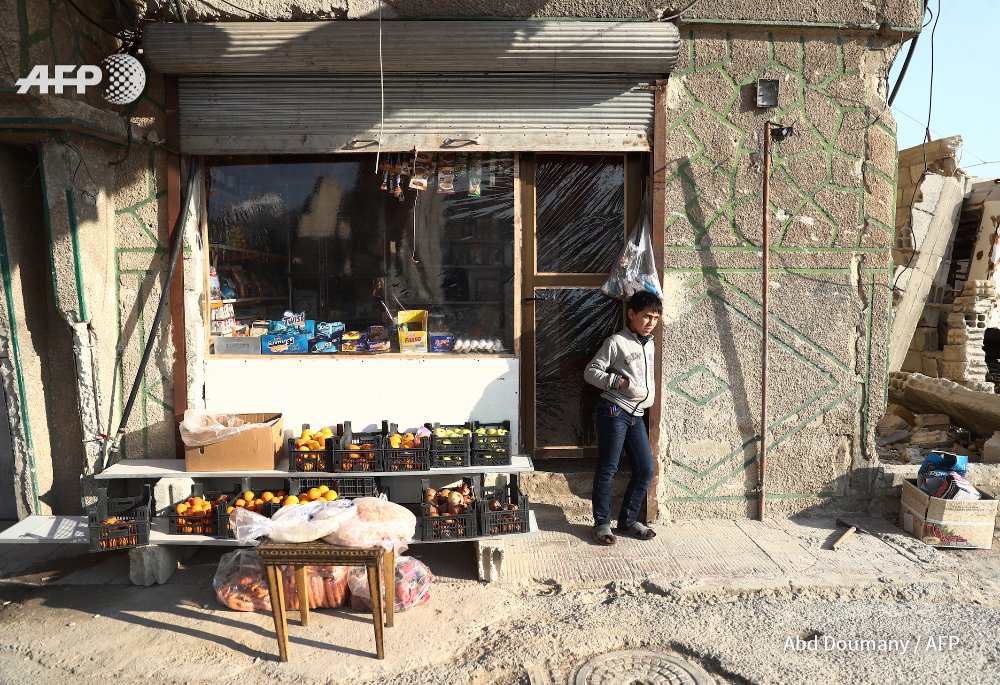
SYRIA - A boy stands outside a shop in the rebel-held town of Douma, on the eastern outskirts of the capital Damascus. By @AbdDoumany #AFP: image via Frédérique Geffard @fgeffardAFP, 7 January 2017
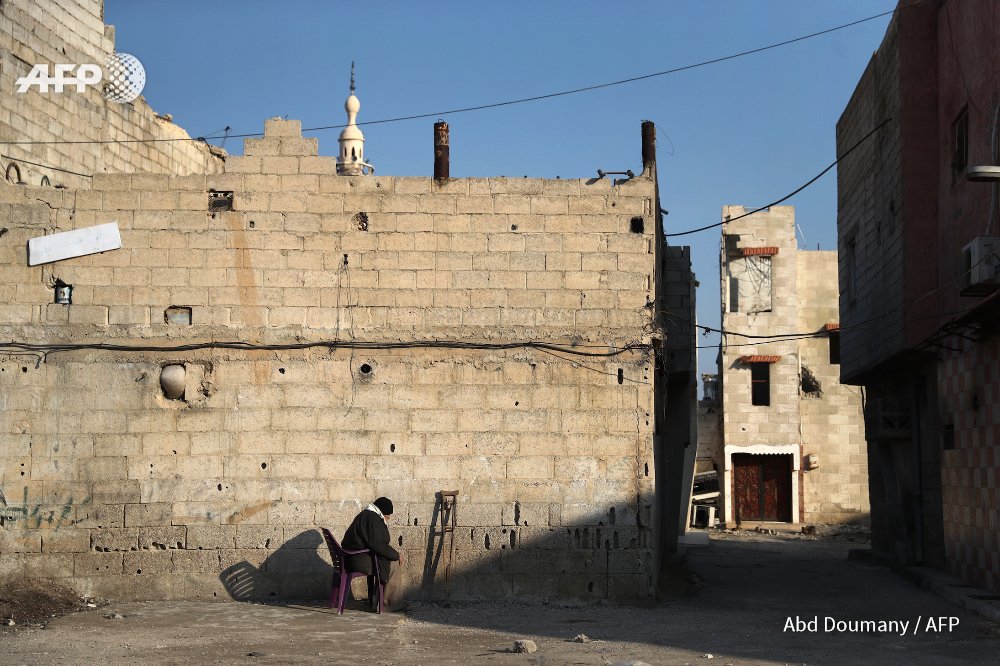
SYRIA - An elderly man prays outside his house in the rebel-held town of Douma on eastern outskirts of the capital Damascus. By @AbdDoumany #AFP: image via Frédérique Geffard @fgeffardAFP, 7 January 2017
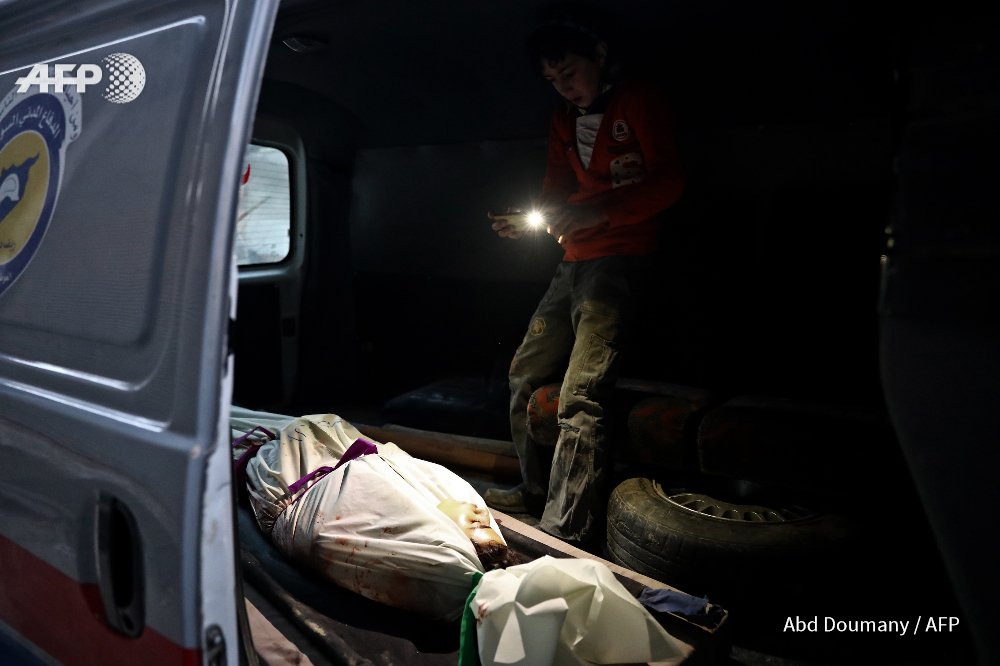
SYRIA - A boy takes a picture of his 13-year-old friend killed when a cluster bomb exploded in his backyard at morgue in Douma. By @AbdDoumany #AFP: image via Frédérique Geffard @fgeffardAFP, 7 January 2017

Syria - Picture showing destroyed buildings in the rebel-held town of Douma, on the eastern outskirts of Damascus. #AFP Photo by @AbdDoumany: image via image via Aurelia BAILLY @AureliaBAILLY, 7 January 2017
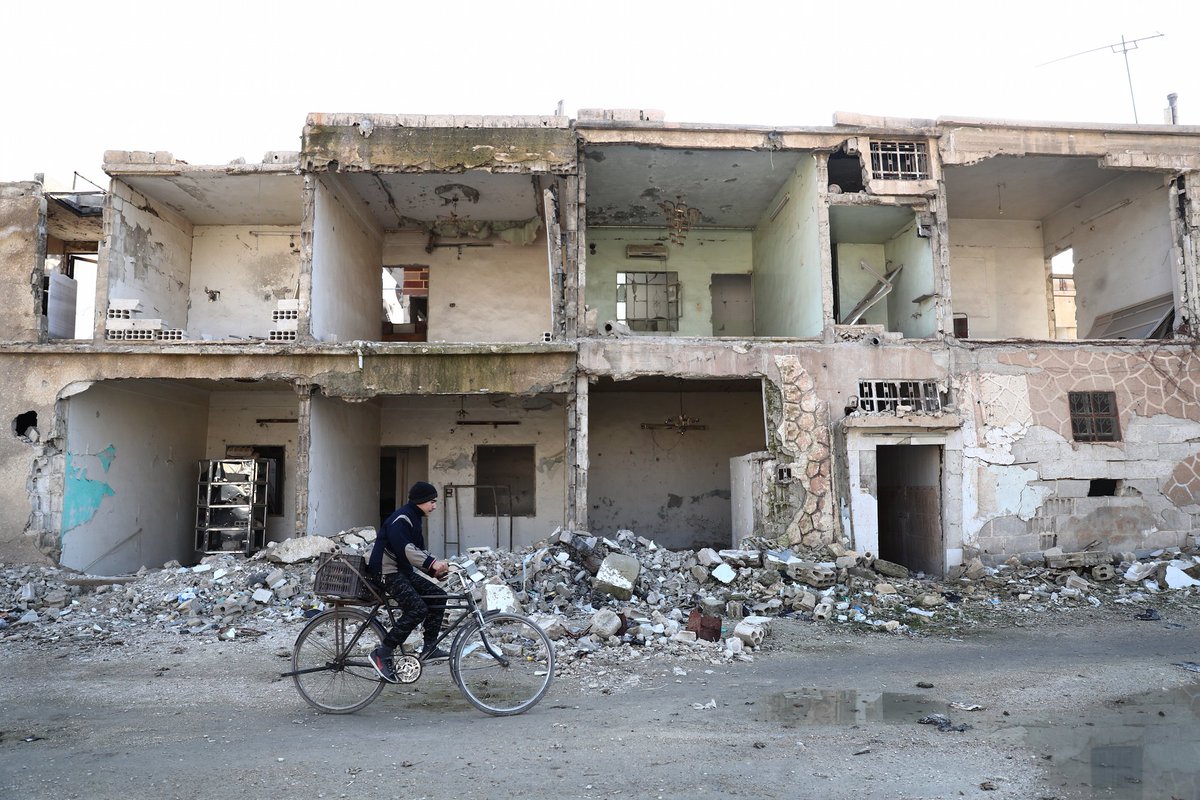
Syria - Picture showing destroyed buildings in the rebel-held town of Douma, on the eastern outskirts of Damascus. #AFP Photo by @AbdDoumany: image via image via Aurelia BAILLY @AureliaBAILLY, 7 January 2017
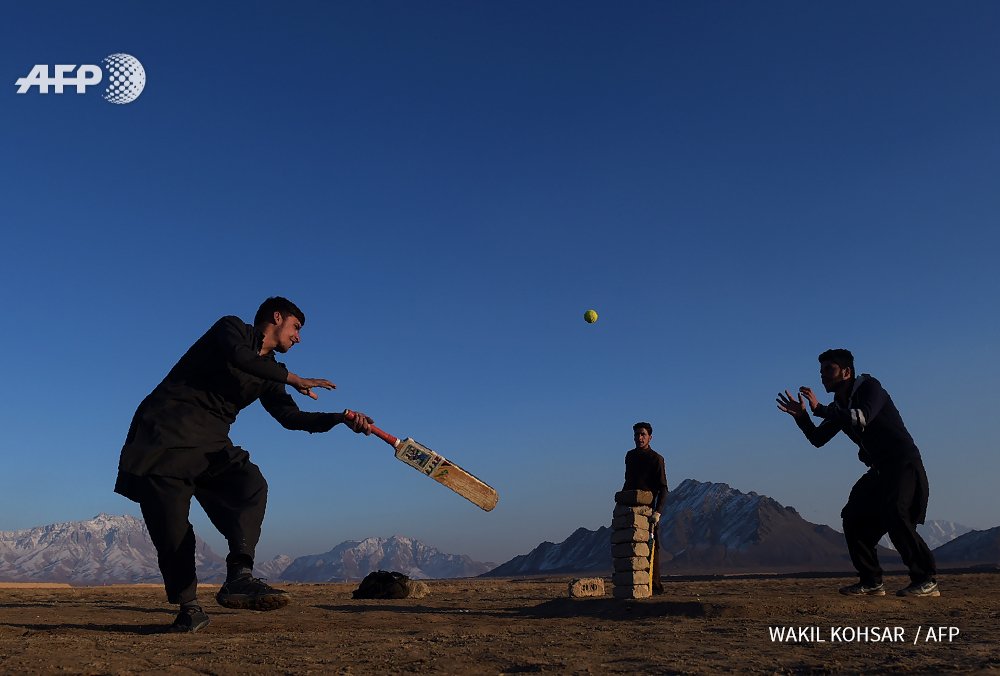
AFGHANISTAN - A corn vendor waits for the customers at his roadside stall on the outskirts of Kabul. By @kohsar #AFP: image via Frédérique Geffard @fgeffardAFP, 7 January 2017

TURKEY - A woman waits next to a booth on Istiklal avenue during snowfalls in Istanbul. By @yasinnakgul #AFP: image via Frédérique Geffard @fgeffardAFP, 7 January 2017
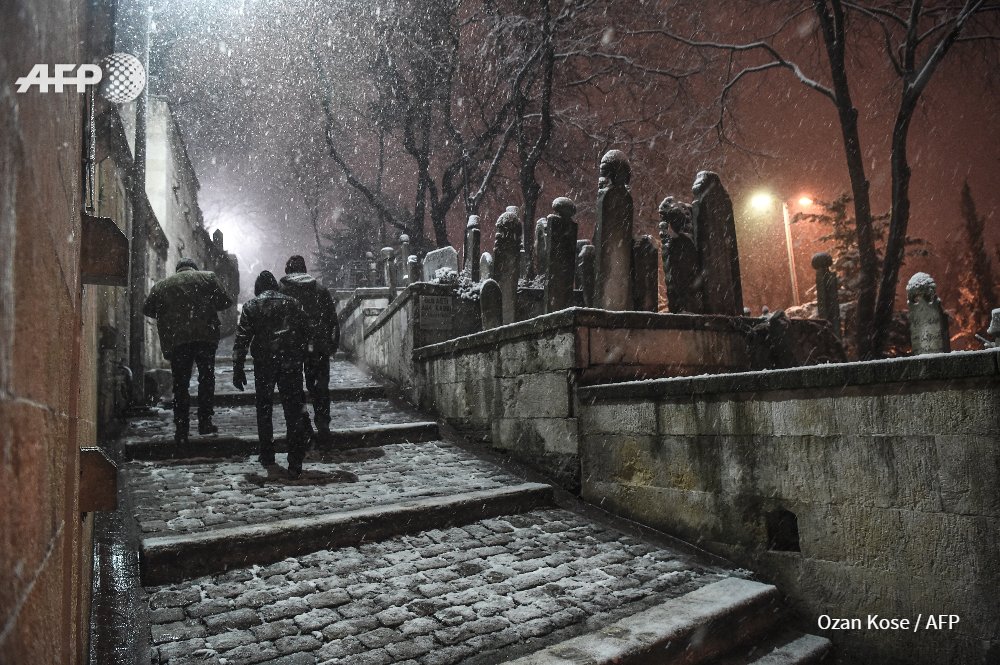

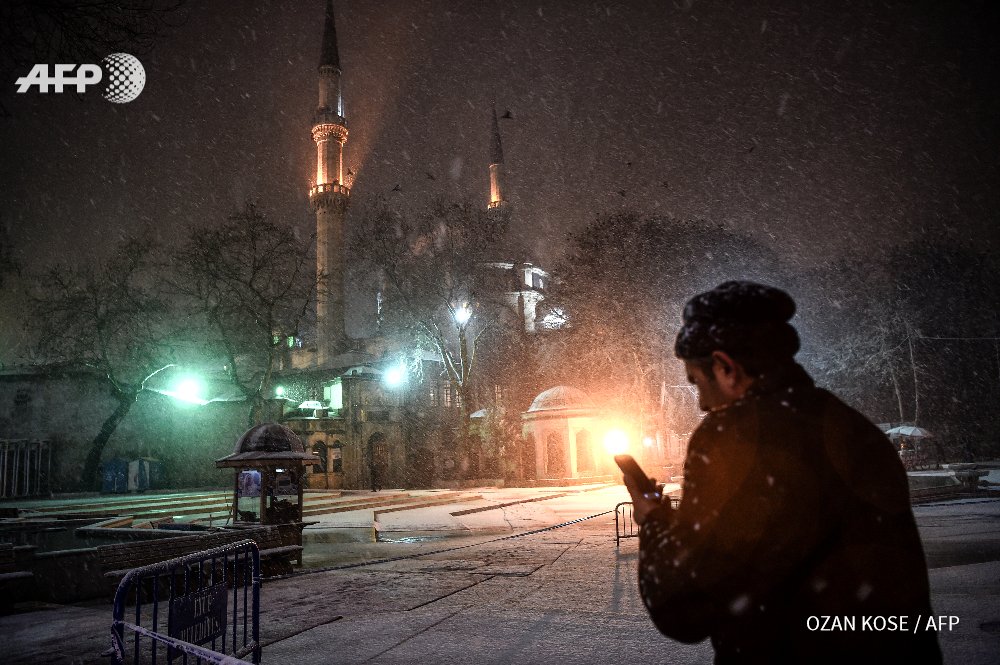
TURKEY - People walk under the snow at Eyup district in Istanbul. By @ozannkosee: image via image via Aurelia BAILLY @AureliaBAILLY, 6 January 2017
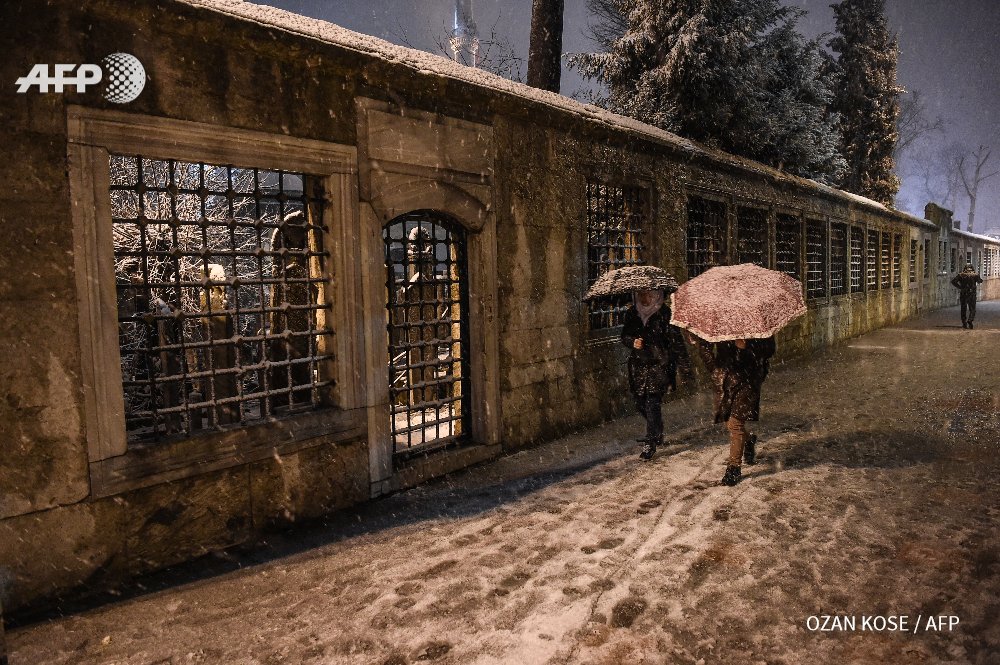
TURKEY - People walk under the snow at Eyup district in Istanbul. By @ozannkosee: image via image via Aurelia BAILLY @AureliaBAILLY, 6 January 2017
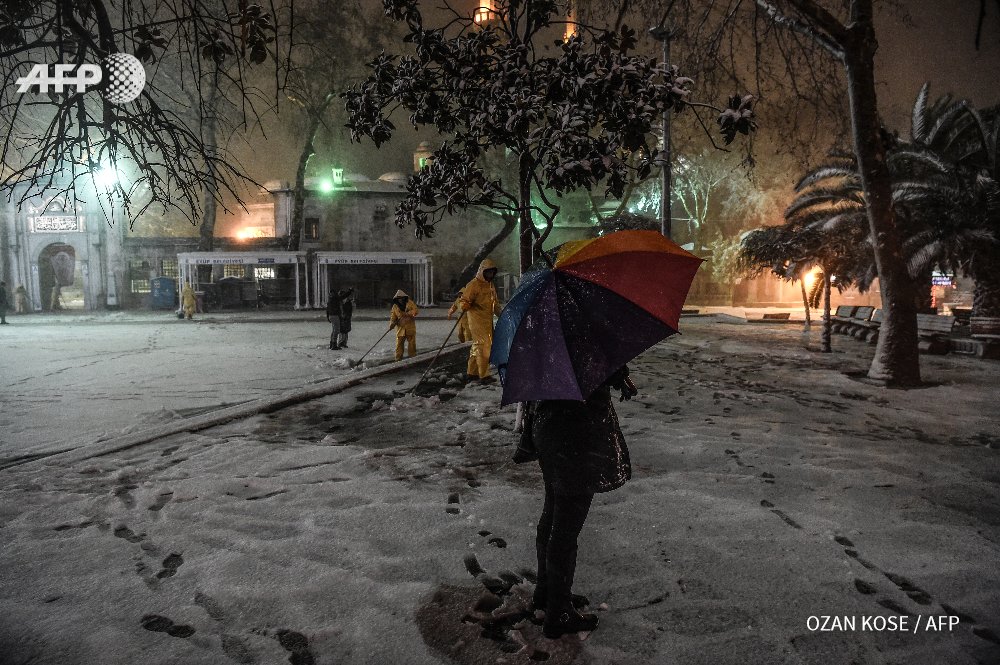
TURKEY - People walk under the snow at Eyup district in Istanbul. By @ozannkosee: image via image via Aurelia BAILLY @AureliaBAILLY, 6 January 2017

BETHLEHEM - A Palestinian scout stands next to a shop near the Church of the Nativity. By @hazemjbader1 #AFP: image via Frédérique Geffard @fgeffardAFP, 7 January 2017

ROMANIA - Men take part in a horse race in the village of Pietrosani. By @bubulator2 #AFP: image via Frédérique Geffard @fgeffardAFP, 7 January 2017
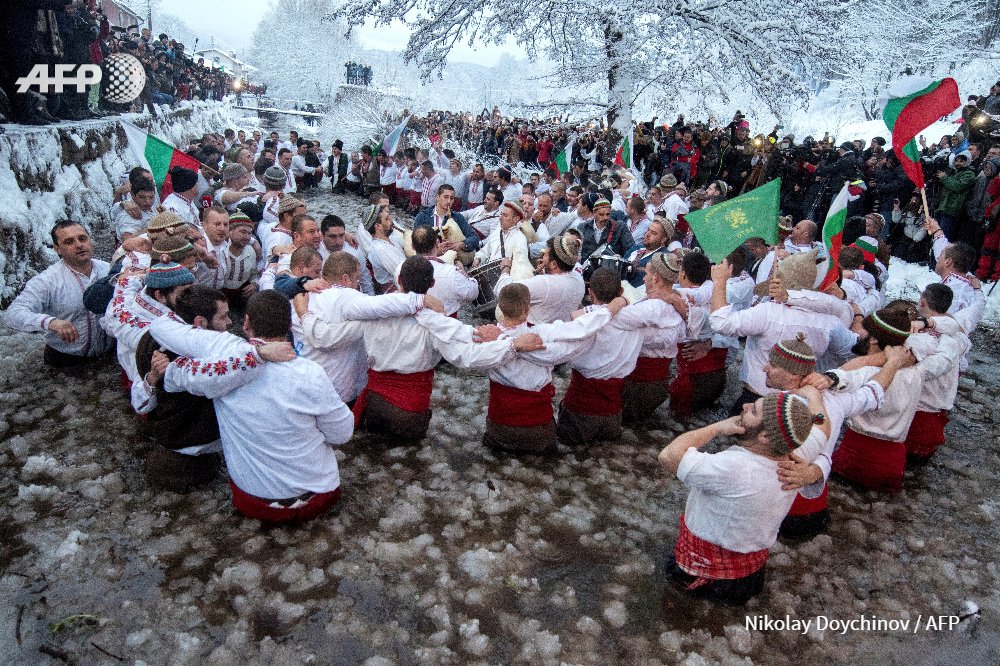
BULGARIA - Men dance in icy winter waters in Kalofer as part of the Epiphany Day celebrations. By Nikolay Doychinov #AFP: image via Frédérique Geffard @fgeffardAFP, 6 January 2017
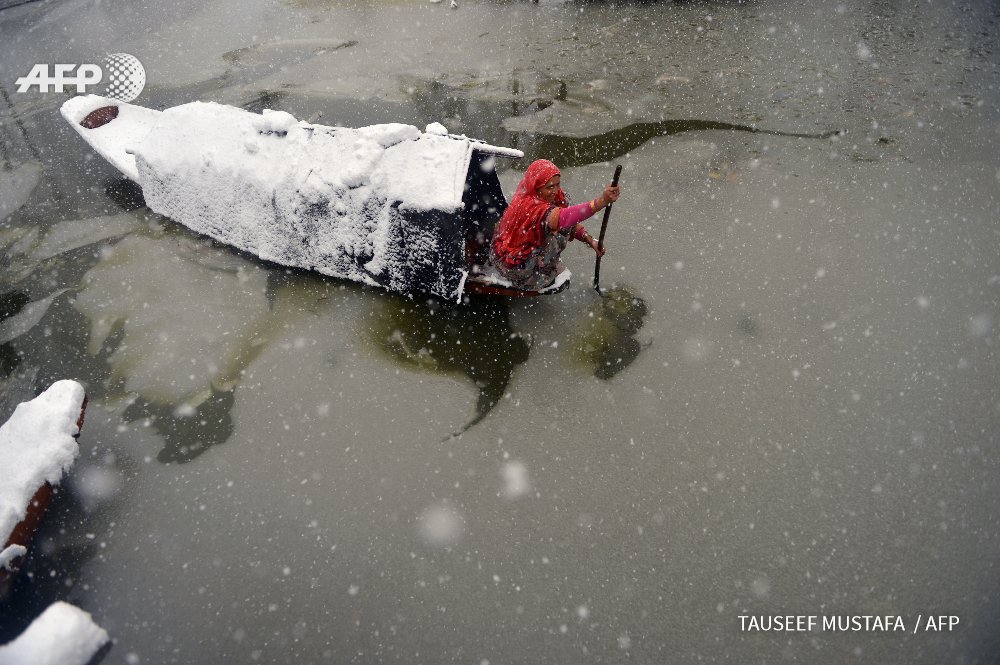
INDIA - A Kashmiri woman rows her boat during heavy snowfall on Dal Lake in Srinagar. By @TauseefMUSTAFA #AFP: image via Frédérique Geffard @fgeffardAFP, 6 January 2017
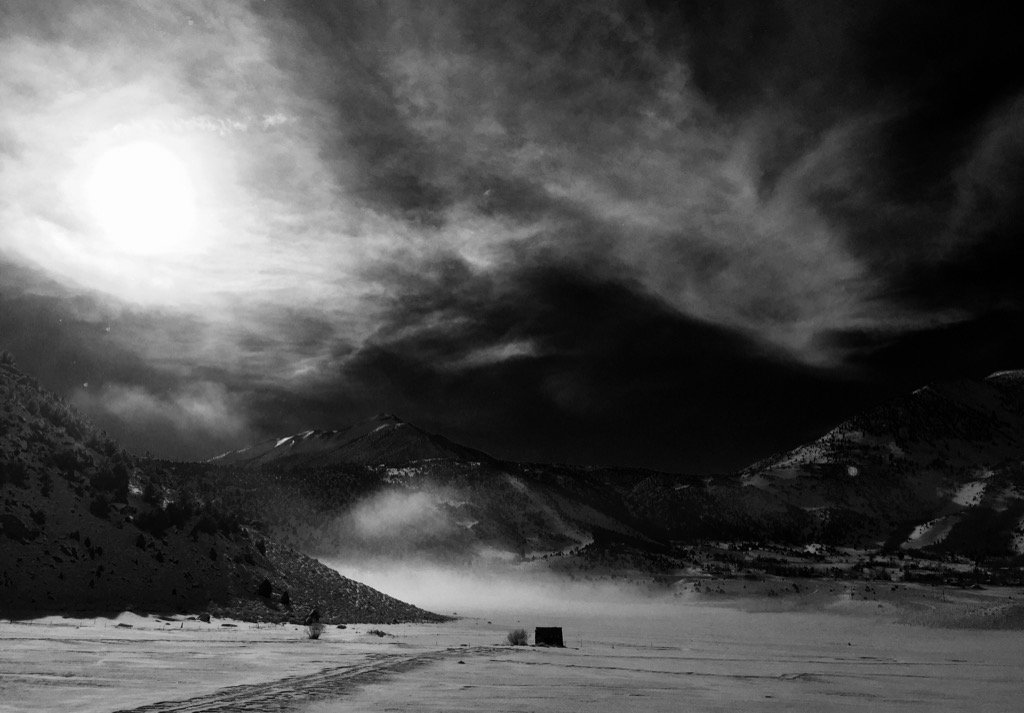

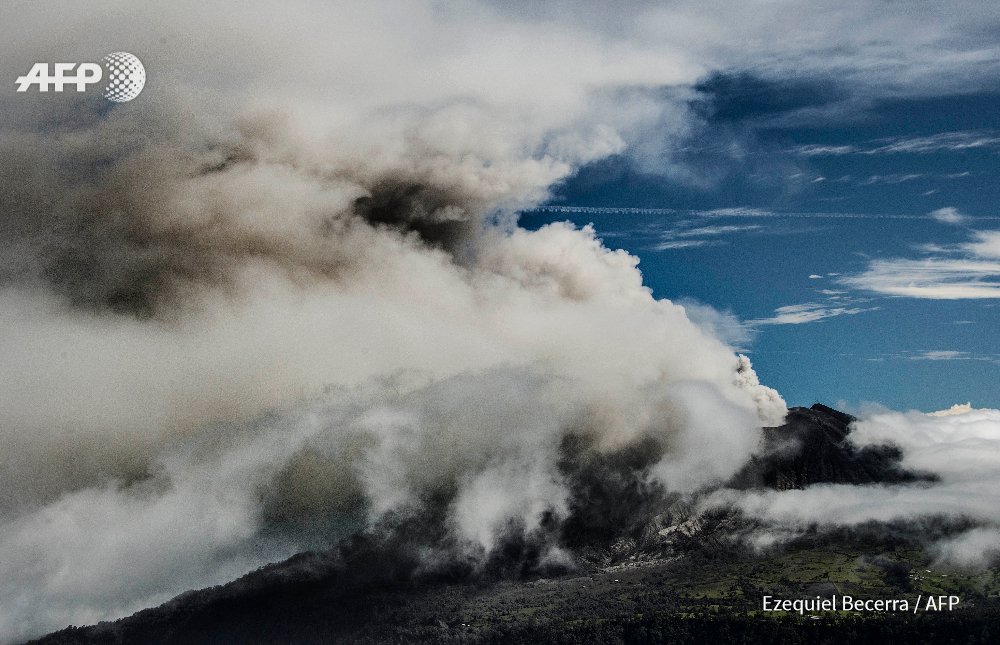
COSTA RICA - A view of ash spewed out by the Turrialba volcano in Cartago, 35 km east of San Jose. By Ezequiel Becerra #AFP: image via Frédérique Geffard @fgeffardAFP, 7 January 2017

Costa Rica - A tourist looks at the ash spewed out by the Turrialba volcano in Cartago on January 6 #AFP photo by Ezequiel Becerra: image via image via Aurelia BAILLY @AureliaBAILLY, 6 January 2017

Israeli diplomat Shai Masot is filmed in a Kensington restaurant during an undercover investigation of a covert influence campaign in Britain. In a series to air beginning 15 January Al Jazeera reveals discussions of Israel diplomat and British civil servant plotting to 'take down' anti-settlement politicians.: photo via Al Jazera, 7 January 2017



Now, given that Masot said he worked for the Ministry of Strategic Affairs, who remembers this story?: image via Ben White @benabyad, 7 January 2017

"Lejania" (From a distance)

India - A Kashmiri man rows a boat during heavy snowfall on Dal Lake in Srinagar on January 6. #AFP Photo by @TauseefMUSTAFA: image via Aurelia BAILLY @AureliaBAILLY, 7 January 2017
And what do we know of this man who rows?
Toward what does he row?
@AureliaBAILLY @TauseefMUSTAFA Et que sait-on de cet homme qui rame? Vers-ou rame-t-il?: tweet via Matthieu Bellinghen @matthieubell, 7 January 2017

India - A Kashmiri man rows a boat during heavy snowfall on Dal Lake in Srinagar on January 6. #AFP Photo by @TauseefMUSTAFA: image via
Aurelia BAILLY @AureliaBAILLY, 7 January 2017
The consciousness of the chorus
is limited. They comment
The consciousness of the chorus
is limited. They comment
on the action from a distance
of limited awareness.

Today's version of Nero fiddling #smog #Fuyang #China @ChinaDailyAsia @reuterspictures: image via Reading The Pictures @ReadingThePix, 4 January 2017
The wind stripped bits
of bleached bone on the beach
bespeak
a silent spring
a silent spring

Hazy meets swampy. Photo @billclarkphotos #instagram #115thCongress
begins: image via Reading The Pictures @ReadingThePix, 4 January 2017

It's raining up here in the "Banana Belt" a little microclimate on the 395 at 120. @tonybarboza: image via Brian van der Brug @bvdbrug, 7 January 2017

SYRIA - White Helmets search for survivors amid the rubble of a building following an air strike on Maaret al-Numan. By Mohamed al-Bakour: image via Frédérique Geffard @fgeffardAFP, 7 January 2017

SYRIA - A boy stands outside a shop in the rebel-held town of Douma, on the eastern outskirts of the capital Damascus. By @AbdDoumany #AFP: image via Frédérique Geffard @fgeffardAFP, 7 January 2017

SYRIA - An elderly man prays outside his house in the rebel-held town of Douma on eastern outskirts of the capital Damascus. By @AbdDoumany #AFP: image via Frédérique Geffard @fgeffardAFP, 7 January 2017

SYRIA - A boy takes a picture of his 13-year-old friend killed when a cluster bomb exploded in his backyard at morgue in Douma. By @AbdDoumany #AFP: image via Frédérique Geffard @fgeffardAFP, 7 January 2017

Syria - Picture showing destroyed buildings in the rebel-held town of Douma, on the eastern outskirts of Damascus. #AFP Photo by @AbdDoumany: image via image via Aurelia BAILLY @AureliaBAILLY, 7 January 2017

Syria - Picture showing destroyed buildings in the rebel-held town of Douma, on the eastern outskirts of Damascus. #AFP Photo by @AbdDoumany: image via image via Aurelia BAILLY @AureliaBAILLY, 7 January 2017

AFGHANISTAN - Afghan youths play cricket in a field on the outskirts of Kabul. By @kohsar #AFP: image
via Frédérique Geffard @fgeffardAFP, 7 January 2017
AFGHANISTAN - A corn vendor waits for the customers at his roadside stall on the outskirts of Kabul. By @kohsar #AFP: image via Frédérique Geffard @fgeffardAFP, 7 January 2017

TURKEY - A woman waits next to a booth on Istiklal avenue during snowfalls in Istanbul. By @yasinnakgul #AFP: image via Frédérique Geffard @fgeffardAFP, 7 January 2017

Turkey - People walk under the snow at Eyup district in Istanbul on January 6. #AFP Photo by @ozannkosee: image
via image via Aurelia BAILLY @AureliaBAILLY, 7 January 2017

TURKEY - A stray cat stays under the snow at Eyup district in Istanbul. By @ozannkosee: image
via image via Aurelia BAILLY @AureliaBAILLY, 7 January 2017

TURKEY - People walk under the snow at Eyup district in Istanbul. By @ozannkosee: image via image via Aurelia BAILLY @AureliaBAILLY, 6 January 2017

TURKEY - People walk under the snow at Eyup district in Istanbul. By @ozannkosee: image via image via Aurelia BAILLY @AureliaBAILLY, 6 January 2017

TURKEY - People walk under the snow at Eyup district in Istanbul. By @ozannkosee: image via image via Aurelia BAILLY @AureliaBAILLY, 6 January 2017

BETHLEHEM - A Palestinian scout stands next to a shop near the Church of the Nativity. By @hazemjbader1 #AFP: image via Frédérique Geffard @fgeffardAFP, 7 January 2017

ROMANIA - Men take part in a horse race in the village of Pietrosani. By @bubulator2 #AFP: image via Frédérique Geffard @fgeffardAFP, 7 January 2017

BULGARIA - Men dance in icy winter waters in Kalofer as part of the Epiphany Day celebrations. By Nikolay Doychinov #AFP: image via Frédérique Geffard @fgeffardAFP, 6 January 2017

INDIA - A Kashmiri woman rows her boat during heavy snowfall on Dal Lake in Srinagar. By @TauseefMUSTAFA #AFP: image via Frédérique Geffard @fgeffardAFP, 6 January 2017

Crooked
Creek shack. A break in the weather as series of storms will resume
dumping snow in the Sierra @LouisSahagun: image via Brian van der Brug
@bvdbrug, 6
January 2017


COSTA RICA - A view of ash spewed out by the Turrialba volcano in Cartago, 35 km east of San Jose. By Ezequiel Becerra #AFP: image via Frédérique Geffard @fgeffardAFP, 7 January 2017

Costa Rica - A tourist looks at the ash spewed out by the Turrialba volcano in Cartago on January 6 #AFP photo by Ezequiel Becerra: image via image via Aurelia BAILLY @AureliaBAILLY, 6 January 2017
The poisoner: "A
little scandal, maybe”
Israeli diplomat Shai Masot is filmed in a Kensington restaurant during an undercover investigation of a covert influence campaign in Britain. In a series to air beginning 15 January Al Jazeera reveals discussions of Israel diplomat and British civil servant plotting to 'take down' anti-settlement politicians.: photo via Al Jazera, 7 January 2017
Israeli diplomat caught on camera plotting to 'take down' UK MPs: Shai Masot is recorded discussing how to discredit MPs in comments described by Israeli embassy as ‘unacceptable’
An Israeli embassy official has been caught on camera in an
undercover sting plotting to “take down” MPs regarded as hostile,
including foreign office minister Sir Alan Duncan, an outspoken
supporter of a Palestinian state.
In
an extraordinary breach of diplomatic protocol, Shai Masot, who
describes himself as an officer in the Israel Defence Forces and is
serving as a senior political officer at the
London embassy, was recorded by an undercover reporter from
al-Jazeera’s investigative unit speaking about a number of British MPs.
The Israeli ambassador, Mark Regev, apologised to Duncan on
Friday. An Israeli spokesman said Regev made clear that “the embassy
considered the remarks completely unacceptable”.
The Israeli embassy said Masot “will be ending his
term of employment with the embassy shortly”.
Masot declined to comment or to elaborate on what he meant when he said he wanted to “take down” a number of MPs.
Masot declined to comment or to elaborate on what he meant when he said he wanted to “take down” a number of MPs.
Masot had been speaking to Maria Strizzolo, a civil servant
who was formerly an aide to another Conservative minister. Also present
was a man they knew as Robin, whom they believed to be working for
Labour Friends of Israel, a pressure group. In fact, Robin was an
undercover reporter.
Strizzolo, discussing with Masot how to discredit MPs, said:
“Well, you know, if you look hard enough, I’m sure that there is
something that they’re trying to hide.” Later she added: “A little
scandal, maybe.”
During the conversation, in October, Strizzolo boasted that
she had helped to secure a promotion for her boss, the Conservative MP
Robert Halfon. She had been his chief of staff when he was deputy chair
of the Conservative party. Last year Halfon was appointed as an
education minister and Strizzolo was appointed as a senior manager at
the Skills Funding Agency. She continues to work part-time for Halfon.
In the footage, Masot agreed that Strizzolo had assisted
Halfon and then asked whether she could also achieve the opposite
effect. “Can I give you some MPs that I would suggest you would take
down?” he asked. He went on to say that she knew which MPs he was
referring to.
She asked him to remind her. “The deputy foreign minister,”
he said. Strizzolo said: “You still want to go for it?” Masot’s reply is
ambiguous but he said Duncan was still causing problems. Strizzolo
asked: “I thought we had, you know, neutralised him just a little bit,
no?” Masot answered: “No.”Masot did not elaborate on what he meant by “take down”, but
it is normally used as meaning to engineer a downfall, possibly through
discrediting them in some way.
The
conversation then turned to the foreign secretary, Boris Johnson.
Strizzolo said he was solid on Israel. Masot agreed, adding that Johnson
just did not care. “You know he is an idiot …” Masot said.
Strizzolo returned to the subject of Duncan later in the
conversation, suggesting he had had a run-in with Halfon in the past and
that Halfon had reported Duncan to the whips. So never say never, she
added. Masot replied: “Never say never, yeah, but …” Strizzolo said: “A
little scandal, maybe.”

Sir Alan Duncan criticised Israeli settlement construction in
2014 and compared the situation in one West Bank city to 'apartheid': photo via The Independent, 7 January 2017
Other prominent Conservatives named during the conversation
include Crispin Blunt, chair of the Commons foreign affairs select
committee, who is also a vocal supporter of the Palestinians.
Blunt said: “Whilst this apparent activity of a diplomat of a
foreign state in the politics of the United Kingdom is formally
outrageous and deserving of investigation, the real questions should be
for the state of Israel itself. Israel’s future peace and security is
not being served by ignoring the substantial peace lobby in both Israel
and the world wide Jewish community and working to undermine those
foreign politicians who share that perspective”
In another conversation, Masot agreed that Blunt was among
MPs that were “strongly pro-Arab rather than pro-Israel”. Strizzolo
referred to him being on a “hitlist”.
UK ministers are understood to regard such plot talks as a
matter of serious concern, crossing the line beyond normal diplomatic
activity. Duncan declined to comment.
Although the Israeli embassy insists Masot was a junior
embassy official and not a diplomat, his business card describes him as
“a senior political officer” and his LinkedIn page lists him as having
worked for the embassy since November 2014. He describes his work as
being the chief point of contact between the embassy and MPs and
liaising with ministers and officials at the Foreign Office.
He
also describes himself as having been a major in the Israeli Defence
Forces (IDF) between 2004 and 2011 – serving part of that time on a
patrol boat off Gaza – and still employed by the IDF as deputy head of
the international organisations sector.
The
disclosures comes at a sensitive moment, just over a week after Theresa
May put herself at odds with the Obama administration by expressing
strong support for Israel in a row over the expansion of illegal
settlements in the West Bank.
The sting operation, which began in June and ran through to
November last year, recorded conversations on a number of occasions that
include a wide range of pro-Israeli activists as well as British
politicians and Israeli embassy staff.
The recordings form the basis of four half-hour documentaries that al-Jazeera is to broadcast from 15 January.
Strizzolo sought to play down what had been discussed. Asked
a series of questions by the Guardian, she issued a statement that
said: “The implications the Guardian is seeking to draw from a few
out-of-context snippets of a conversation, obtained by subterfuge, over a
social dinner are absurd.
“The context of the conversation was light, tongue-in-cheek
and gossipy. Any suggestion that I, as a civil servant working in
education, could ever exert the type of influence you are suggesting is
risible. Shai Masot is someone I know purely socially and as a friend.
He is not someone with whom I have ever worked or had any political
dealings beyond chatting about politics, as millions of people do, in a
social context.”
A Foreign Office spokesman said: “The Israeli ambassador has apologised and is clear these comments do not reflect the views of the embassy or government of Israel. The UK has a strong relationship with Israel and we consider the matter closed.”
A Foreign Office spokesman said: “The Israeli ambassador has apologised and is clear these comments do not reflect the views of the embassy or government of Israel. The UK has a strong relationship with Israel and we consider the matter closed.”
Diplomat Shai Masot, on the right
of this picture taken at the Labour conference with Israeli ambassador
Mark Regev, says he ‘takes care of political issues’: photo via The Mail On Sunday, 7 January 2017

Now, given that Masot said he worked for the Ministry of Strategic Affairs, who remembers this story?: image via Ben White @benabyad, 7 January 2017


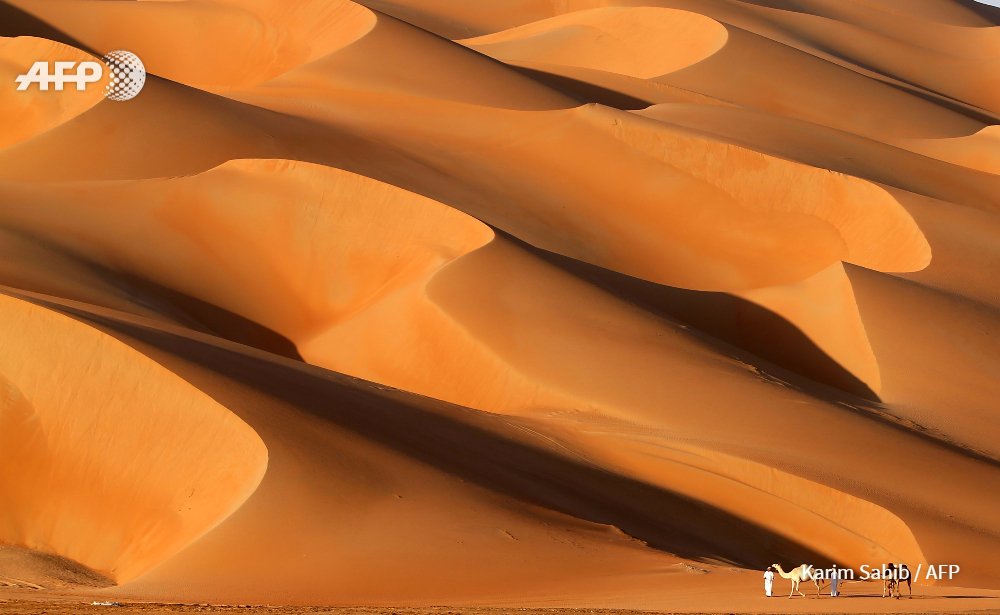











No comments:
Post a Comment